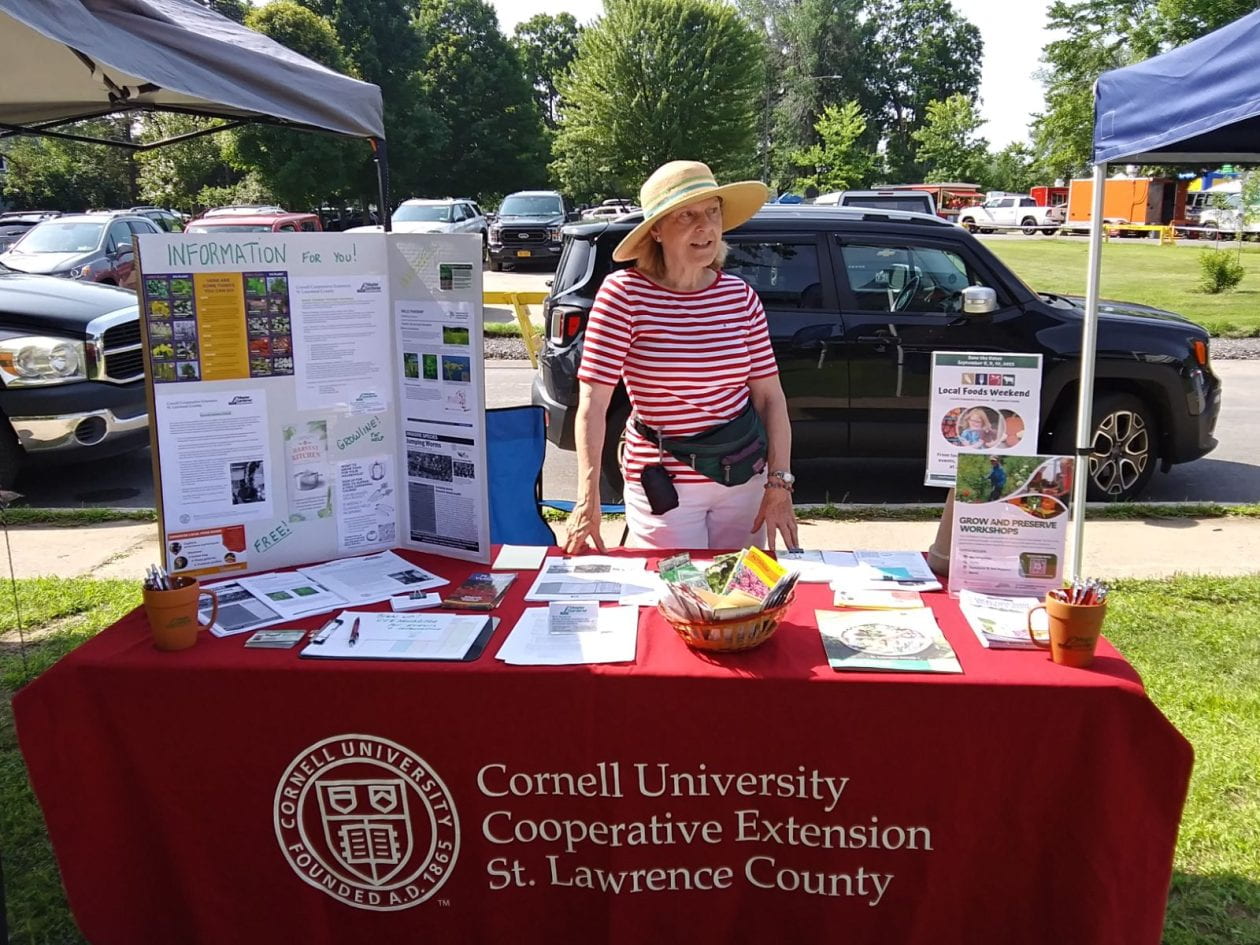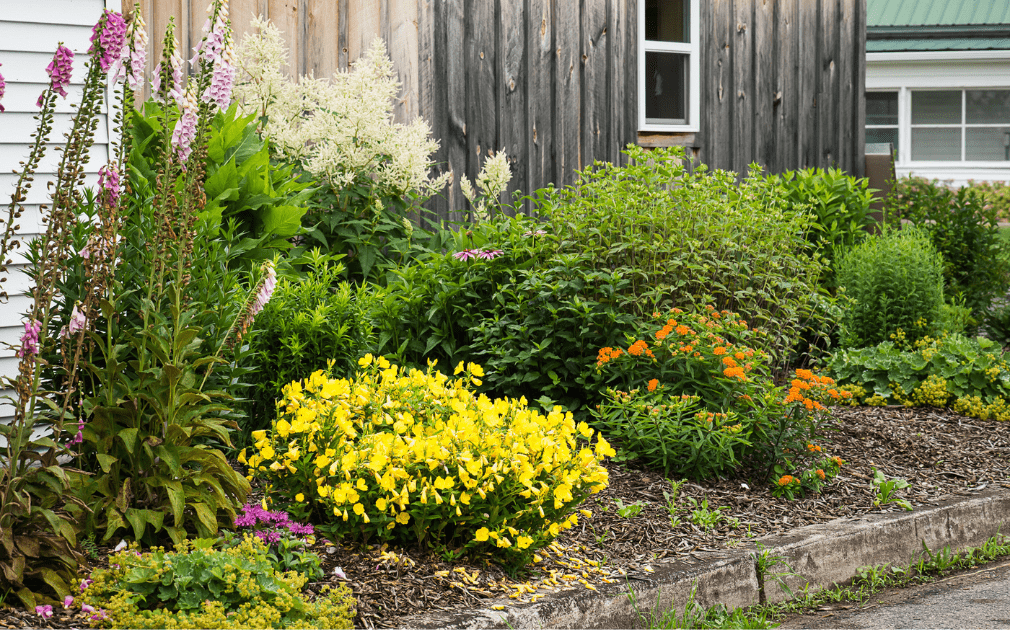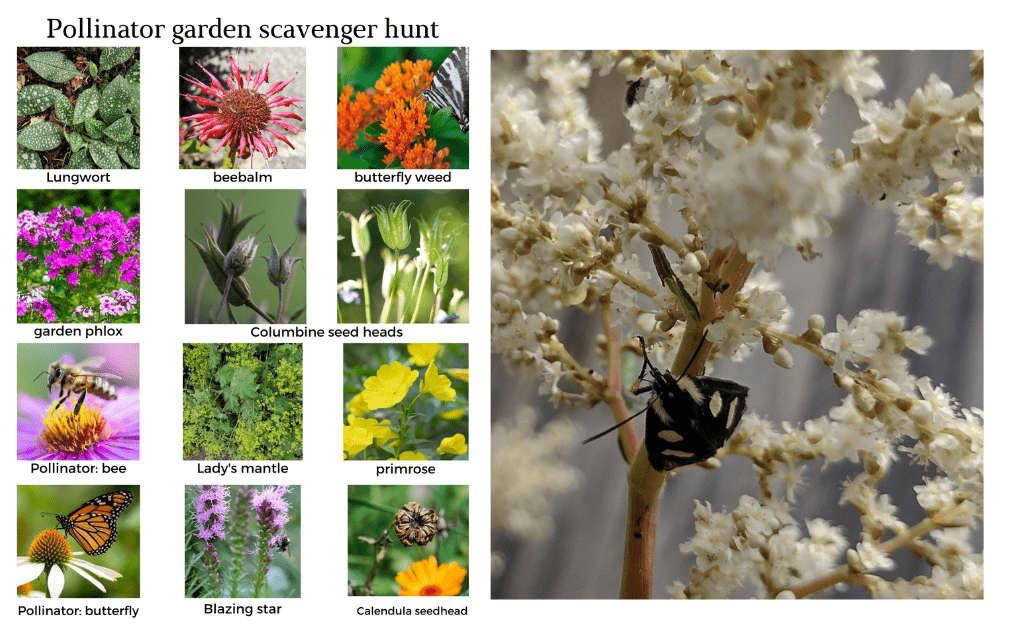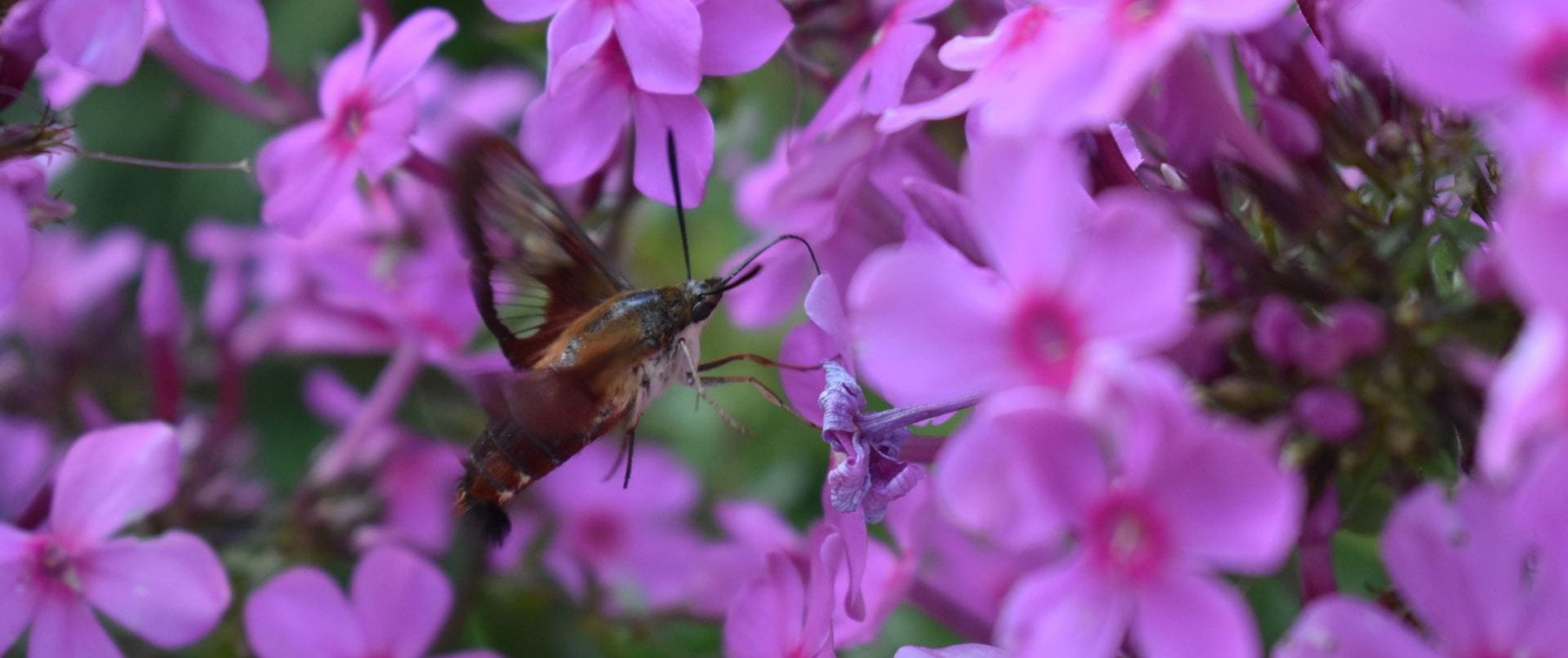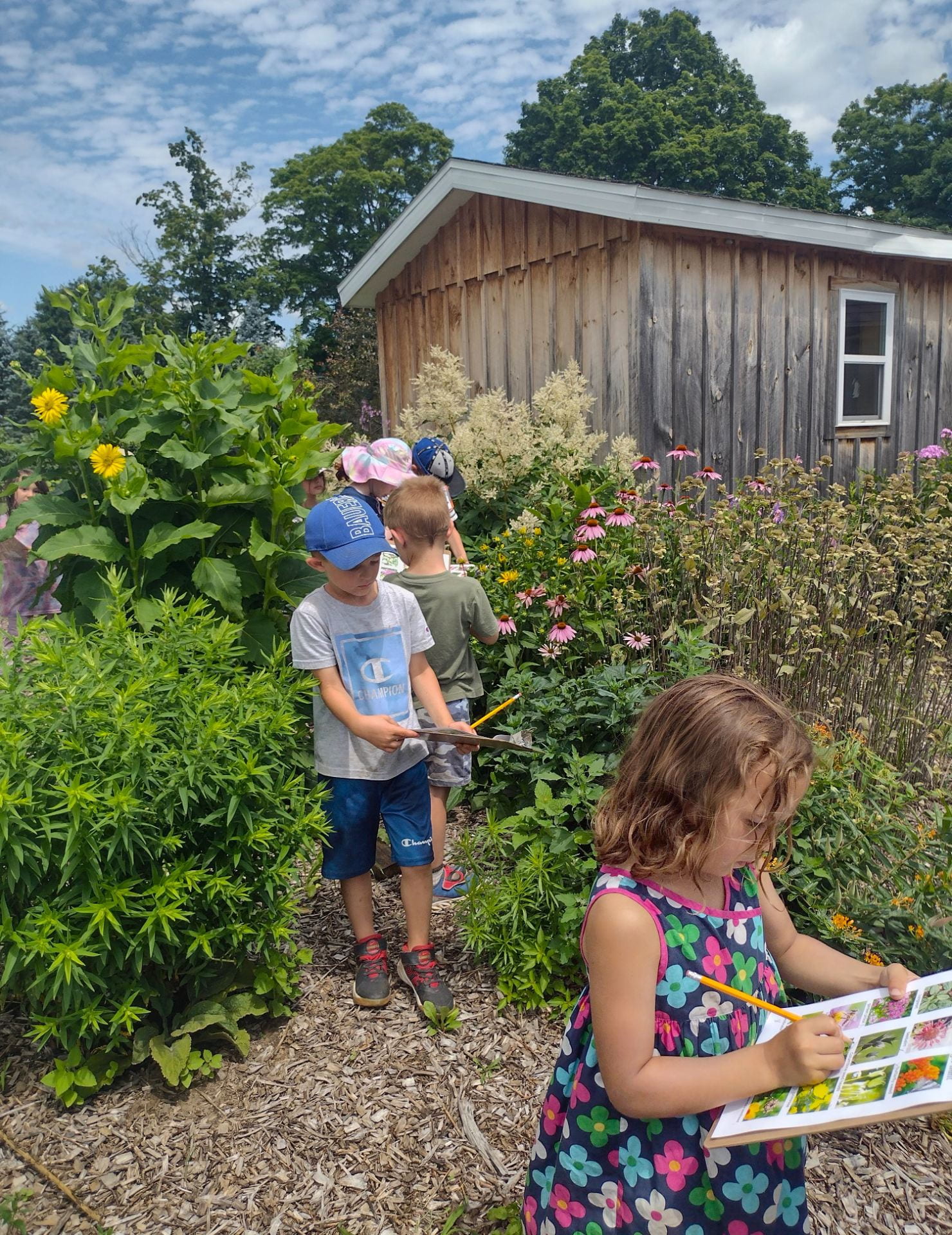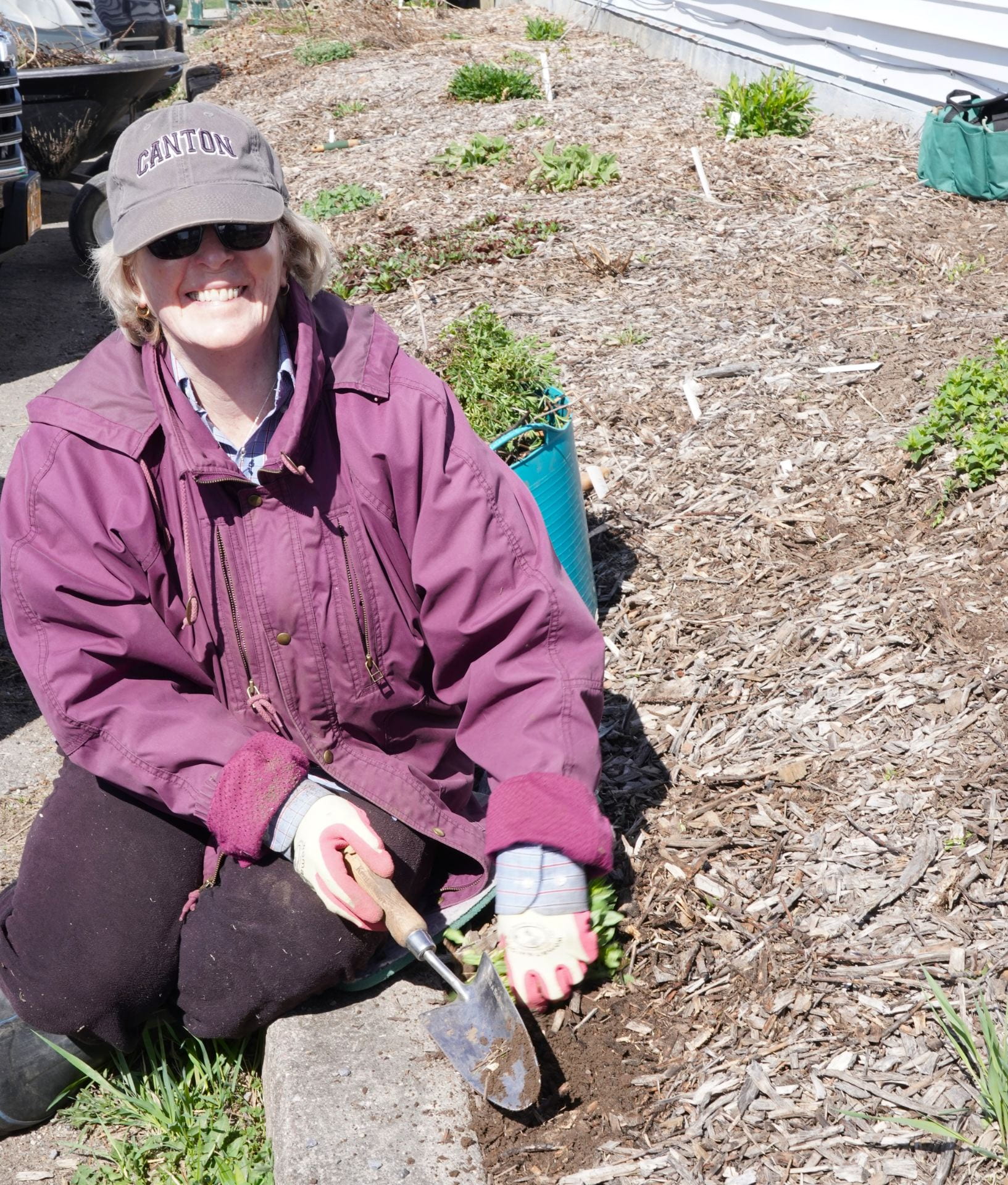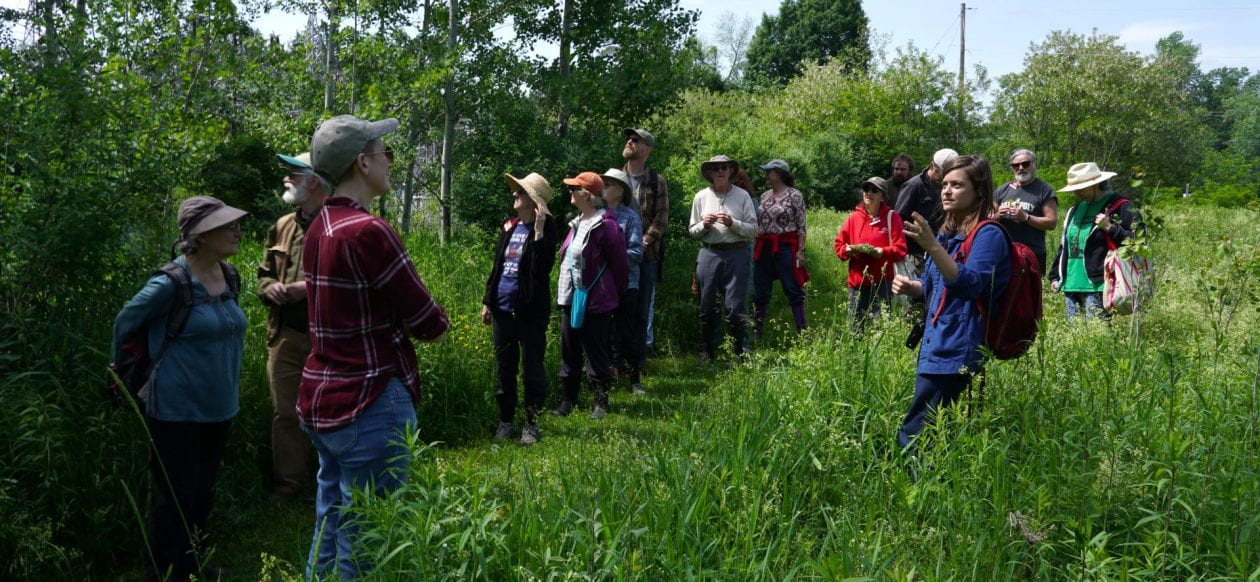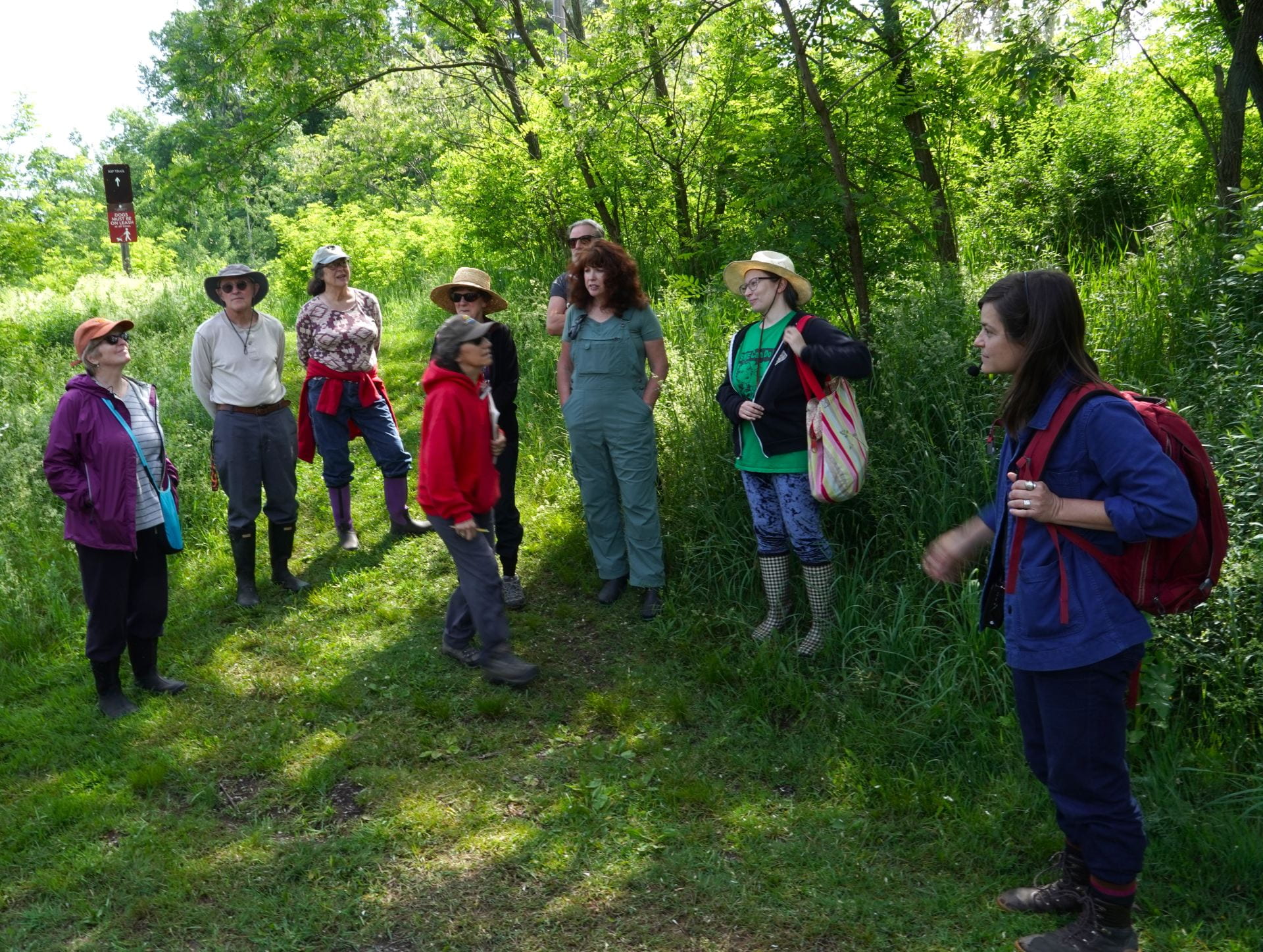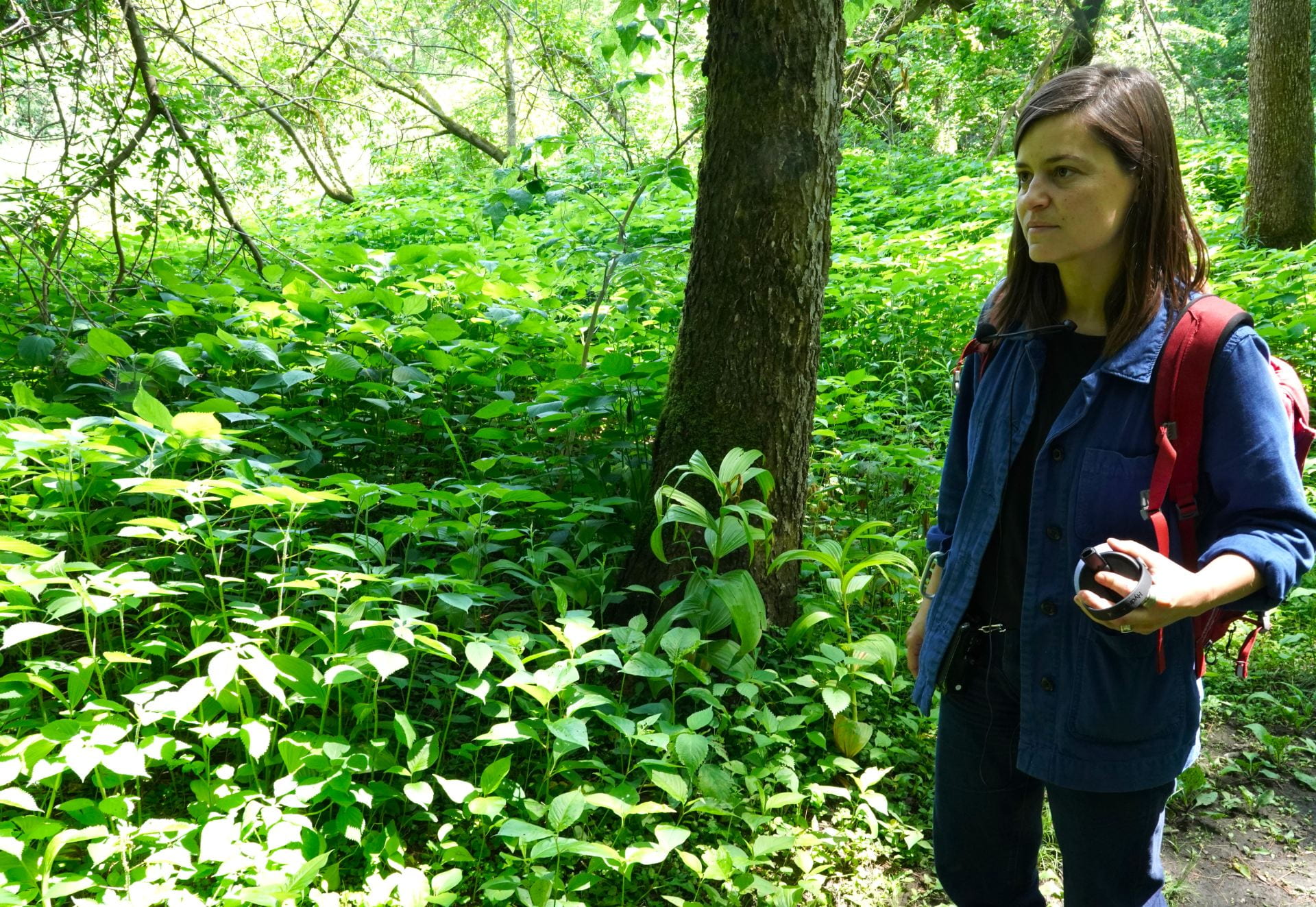The Master Gardener Volunteer (MGV) program has accomplished so much in the past year, bolstered by the addition of a newly trained cohort last fall. Together with the veteran MGVs, they devoted over 1,000 hours to serving their community, strengthening the program, and increasing their knowledge. 570 of these hours were in direct service – teaching classes, writing articles, tabling, and answering questions from gardeners across the county. This group is tearing it up!
In May CCE held a Grow and Preserve Open House at the Extension Learning Farm to kick off the growing season and highlight the MGV and Master Food Preserver programs. Dozens came out to the high tunnel to plant seeds to take home and consult with Master Gardener Volunteers.
Classes
Two new MGVs jumped right in to facilitate the Seed to Supper course for beginning gardeners, which we offered in Morristown this year. In addition to these 5 classes, MGVs taught or assisted at nine other classes throughout the year, including several in our Grow and Preserve Series where we paired growing classes with preservation classes in the Harvest Kitchen. New MGV Brad and Linda led classes on Tree Identification, and Annie taught about Planning for Year Round Blooms. Loni brought samples to a high school session on Edible Wild Plants, and several MGV co-presented about growing their favorite fresh herbs.
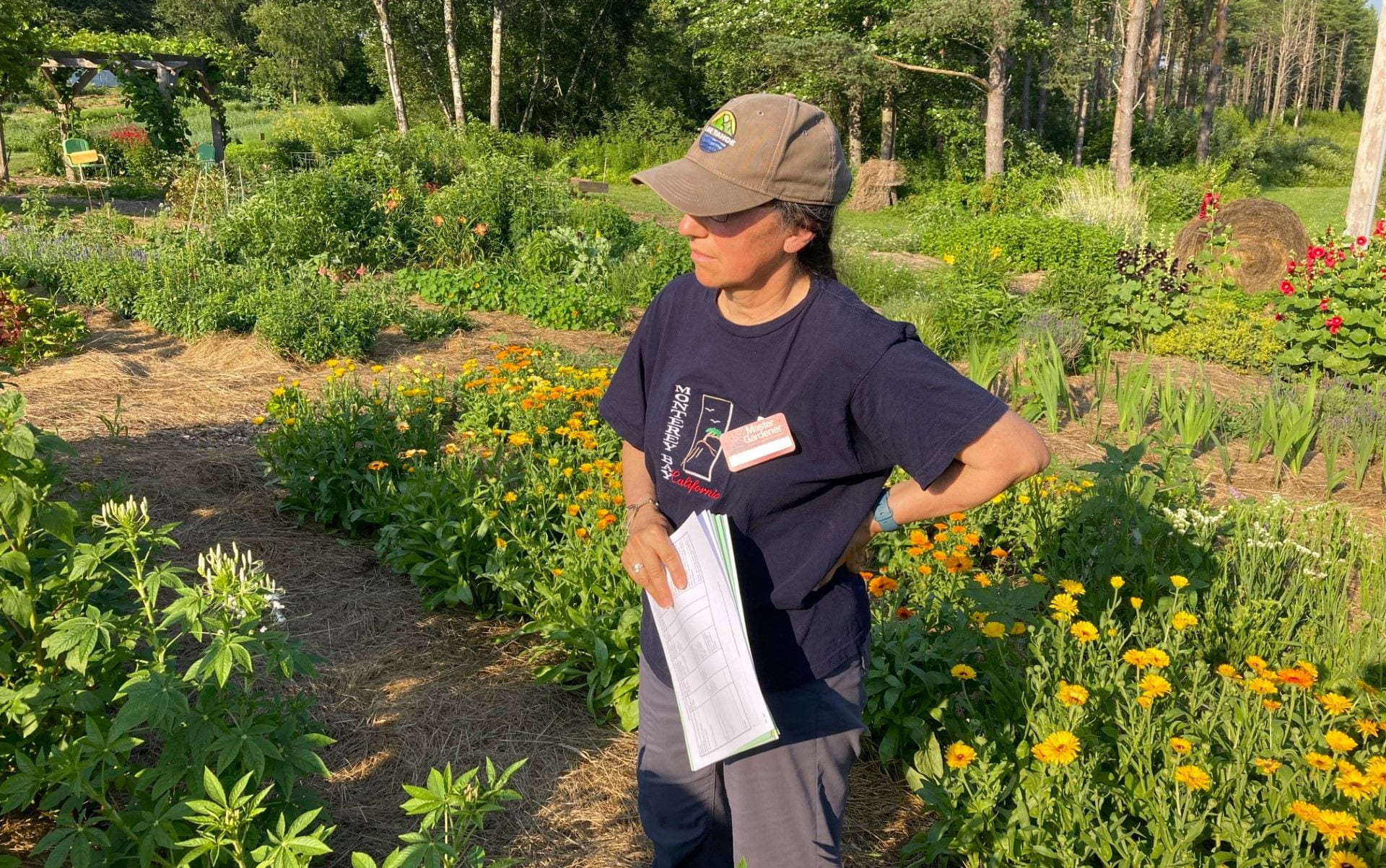
Blog posts
Master Gardener Volunteers wrote a total of 15 Fruition posts, plus another five that I contributed. From testing garden soil to growing tomatoes to getting great blooms on indoor plants, these posts cover a lot of ground. In case you missed any, click the Gardening and Homesteading topic under “Posts” to find them all.
Growline
The moderators of our garden hotline ”the Growline” spent 80 hours answering 135 inquiries, often undertaking research on a new topic and occasionally visiting a site to gather more information. Though this is likely an undercount, it’s valuable to have a record of so many of the topics of interest to area gardeners and homeowners.
Field trips
The Master gardeners loves to learn and really enjoys visiting farms and gardens as a group in addition to our monthly planning meetings. The veteran MGVs met the new cohort in December for a wreath making session at the Extension Learning Farm where the group also helped with maintaining the ornamental beds in the spring and Nick Hamilton-Honey guided us through an enlightening Diversity training. 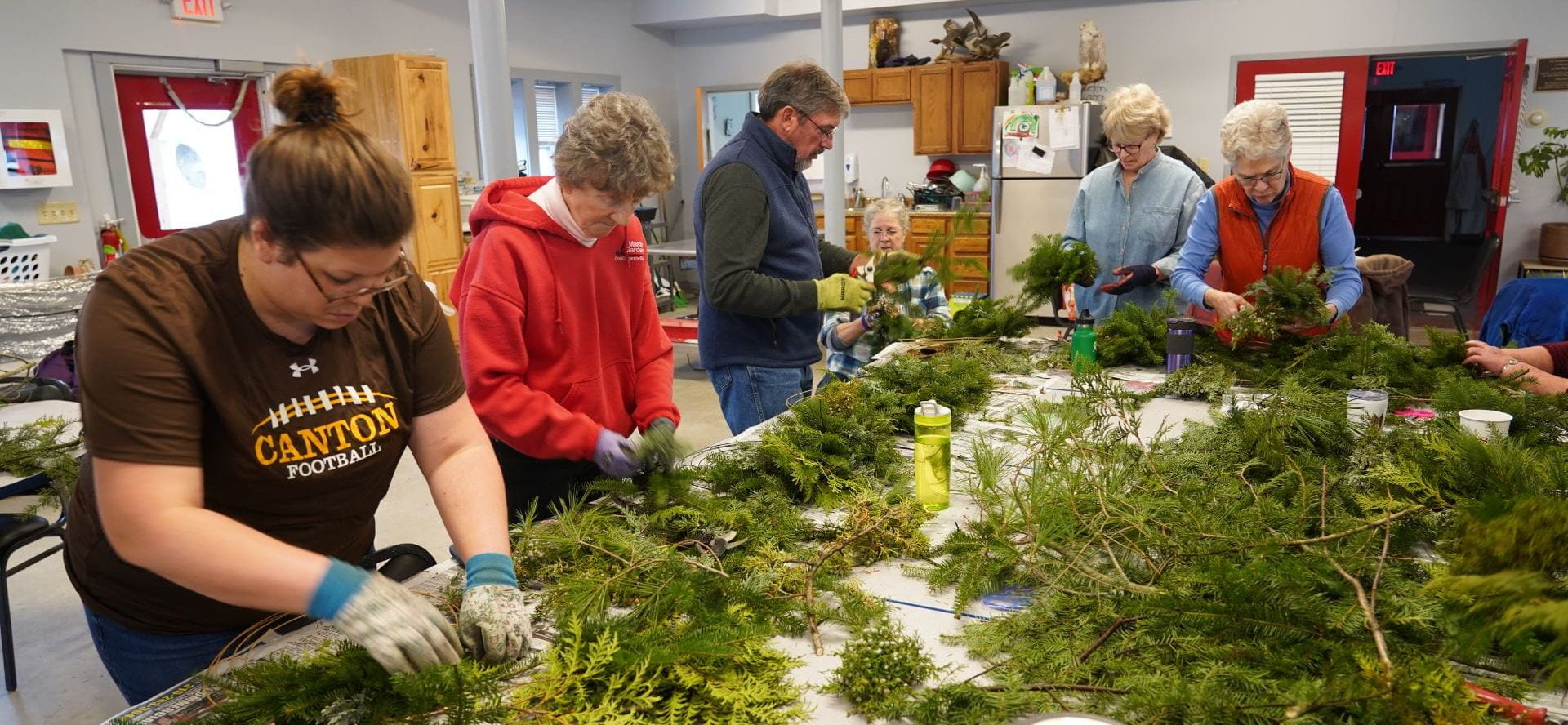
In May, Janet Lomastro led a hands-on small-batch composting workshop in Potsdam, a technique many in the group are now experimenting with at home. 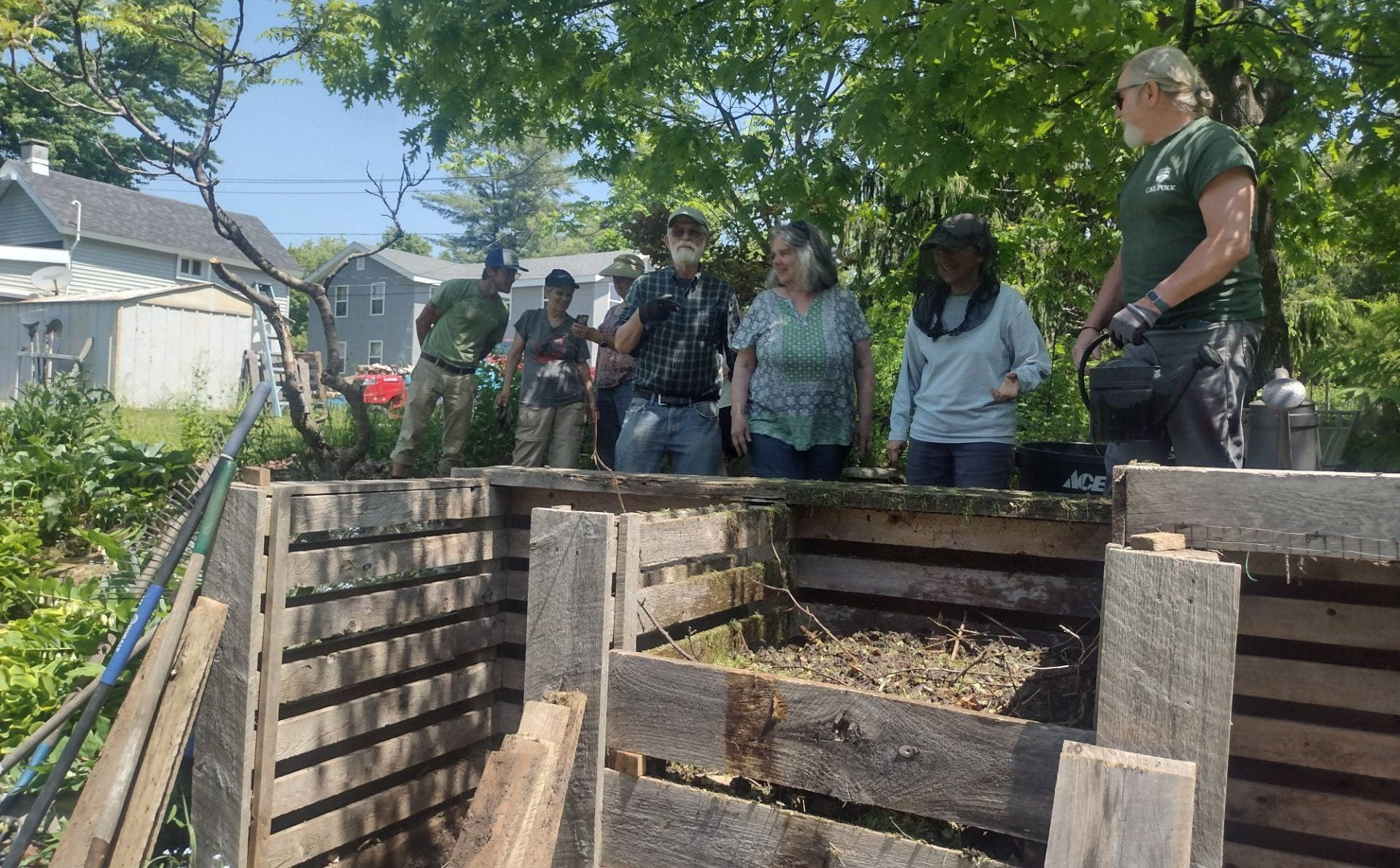 Read more Master Gardener Volunteer Program year in review
Read more Master Gardener Volunteer Program year in review
